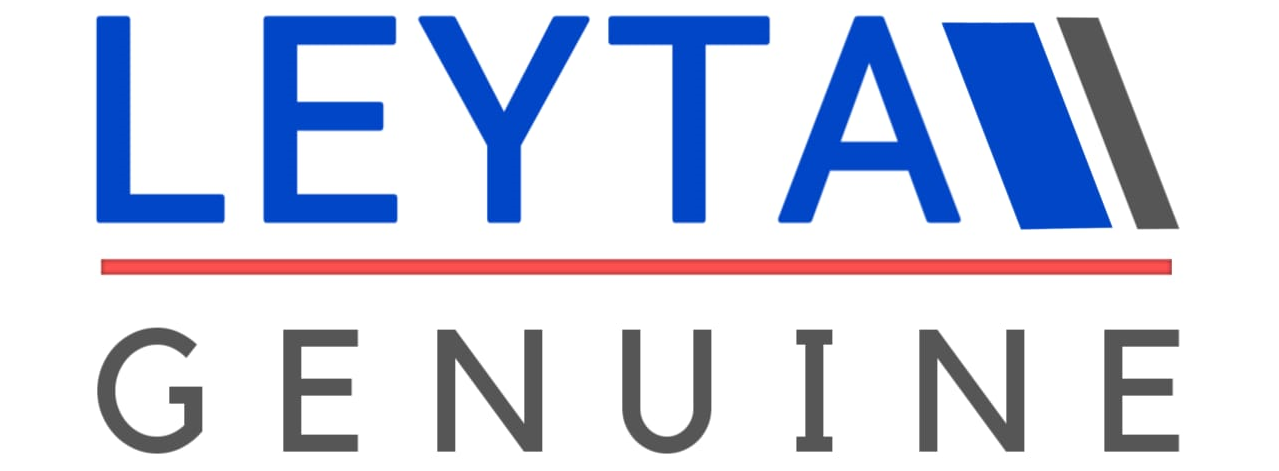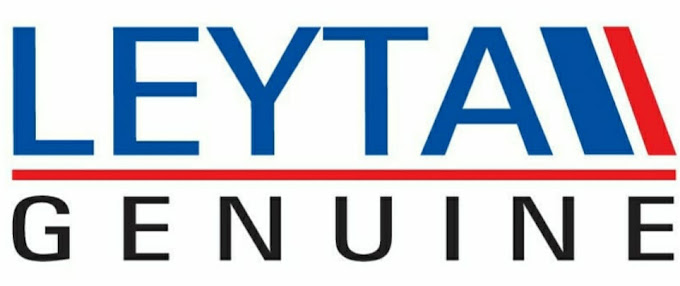How to Do Accounting for Your Daycare Business: 9 Steps

You will learn how to record costs, value inventory, calculate depreciation, analyze financial statements, and use software programs. The courses cover bookkeeping, Microsoft Excel, business math, and payroll administration. If you are reviewing your child care accounting options and find yourself wondering whether one will help push your business forward, it might not be right for your child care center. Ask yourself, will this software place me in a better position to succeed three months, six months, and one year down the road? Any accounting software that you invest in needs to push your business along and help you get to where you want to be.

Check-In on Your Business Anywhere
Both deal with recording financial transactions, but their functions are different. Bookkeeping is more administrative, where you record your day-to-day finances. You analyze your finances with the information gathered from bookkeeping, using it to make reports and financial statements.
Your Guide to Efficient Childcare Billing and Accounting

It helps you understand your cash flow, prevents overspending, and enables you to identify areas where cost savings are possible. Common tax deductions for daycare businesses include employee wages, bank fees, advertising costs, supply expenses, furniture and equipment purchases, and meal expenses. As consumers, we sometimes don’t track all our personal expenses; however, tracking your business expenses is crucial to keeping your daycare thriving. It helps you understand your cash flow so your expenses don’t outweigh your income.

Flexible billing cycles
Childcare billing tools like illumine let you generate invoices that incorporate QR codes to make payments easier and quicker. In a setting where no two days are the same, and each child’s attendance pattern and care plan varies, tailored invoicing becomes a necessity. Each invoice reflects childcare bookkeeping the unique arrangement agreed upon for each child, accounting for full days, half days, special programs, or even ad-hoc services like early drop-offs or late pick-ups. It eliminates confusion and maintains transparency with parents, who can see exactly what they’re being charged for.
Earn bookkeeping certifications.
- Regularly review your expenses to identify areas where costs can be controlled or reduced.
- It’s just a matter of keeping your families coming back and staying on top of your accounting.
- This guide is designed for daycare center owners, administrators, and anyone responsible for managing finances in daycare settings.
- A bookkeeper checks for errors when creating reports and managing the general ledger.
- Your job as a bookkeeper entails systematically keeping track of an organization’s financial transactions.
- Starting a home child care business is a great way to keep overhead low and you can qualify for some money-saving tax breaks.
The error must be located and rectified, and the totals of the debit column and the credit column recalculated to check for agreement before any further processing can take place. According to 81 percent of CBs who interviewed for a new job after becoming certified, having a certification contributed to getting the interview [4]. With a certified bookkeeper designation, you are qualified to perform all critical functions through the adjusted trial balance and basic payroll for small to medium-sized businesses. Bookkeeping is a crucial function of accounting, and earning a bookkeeping certification is a great way to show employers your expertise. While a certificate is not a requirement to become a bookkeeper, some professionals pursue certification to show their skills to employers and stand out in their job search.
Resources for Your Growing Business
Fortunately, doing accounting for your childcare business is easier than you may think. It simply takes the right tools and a repeatable process to make managing your books a breeze. You may handle payroll functions as a bookkeeper, keep tax withholding records, and issue paychecks or send information to a contracted payroll service. Depending on the organization’s size, keeping track of business expenses and reconciling business statements may be your responsibility. As a bookkeeper, you will verify and balance receipts, keep track of cash drawers, and check sales records. Bookkeepers also deposit money, cash checks, and ensure correct credit card transactions.
Bookkeeping Services Price List For Small Business

Your tax rate will depend on your state but, in general, your taxes are based on a percentage of your profits (revenue-operating expenses). When you have a streamlined accounting system in place, you can easily determine your revenue, expenses, profit, payroll, and estimated taxes. Every month your bank will send you a statement that includes your business revenue and expenses. It may seem like there is a steep learning curve to mastering your small business accounting, but rest assured it gets easier as you go along.
Taking online payments allows your childcare business and your customers to manage their finances more responsibly. Develop a comprehensive budget outlining your expected income and expenses. Consider all aspects, such as rent, utilities, staffing costs, supplies, insurance, marketing, and any other operational expenses. A well-structured budget serves as a roadmap for your financial management. That’s why automating invoices and reminders helps you save time and energy every month. With a digital billing software at your disposal, you can set up a repetitive instalment plan for families.
Stay up to date on child care industry trends with Procare!

We have an excellent child-to-staff ratio that allows us to provide the individual attention each child needs and deserves. We promise to care for your child as we would our own and listen to your needs. FreshBooks integrates with lots of apps you already use (and some new ones you’ll be glad you found) to make running your business a breeze. To calculate your gross margin, you need to know the total costs involved in providing your service—your cost of goods sold (COGS).







